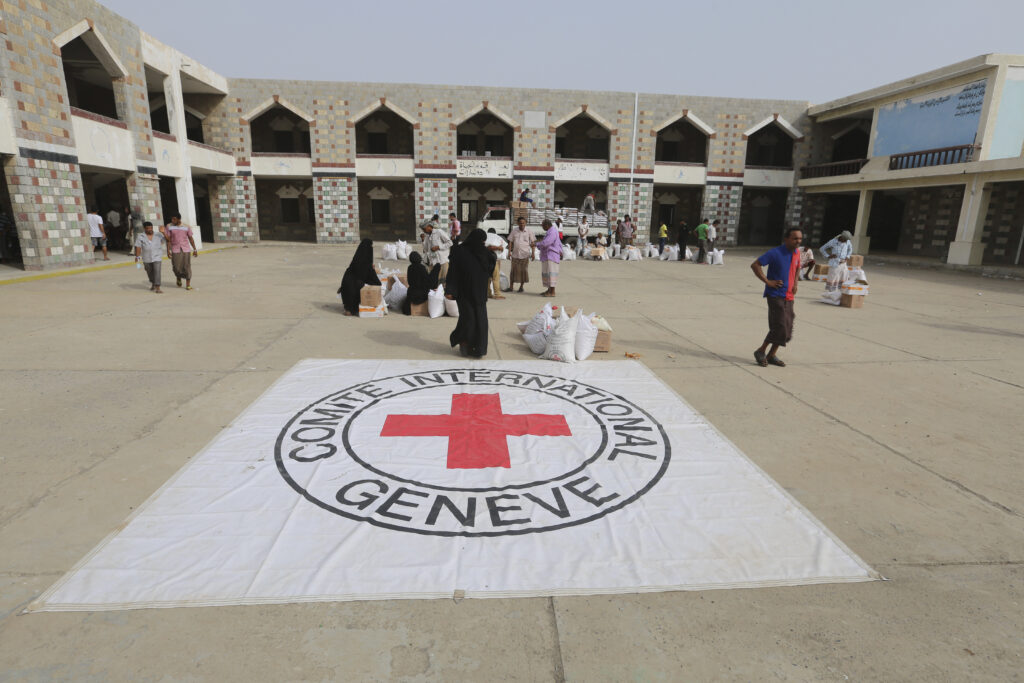17 May 2024

This principle is essential to maintain the confidence of all parties concerned and to enable the Movement to carry out its humanitarian mission while retaining its freedom of action. Neutrality does not mean indifference or cowardice, but rather a position of restraint in the interests of the humanitarian mission. By refraining from taking sides, the Movement avoids arousing suspicion or animosity and thus preserves its ability to gain access to the victims of conflicts and disasters, regardless of which side they are on.
In situations of armed conflict, neutrality enables Red Cross and Red Crescent staff to provide impartial assistance to vulnerable populations without being involved in the fighting. This neutrality can, however, put them at risk. Even today, humanitarian workers and health professionals continue to be the target of strikes, in flagrant violation of international humanitarian law.

The principle of neutrality extends to all the Movement’s activities, both nationally and internationally. By remaining neutral, the Red Cross fosters collaboration between its members and ensures that its assistance is accessible to all, regardless of their beliefs or political affiliations.
By honouring this principle, the Red Cross can fully accomplish its vital mission: to alleviate human suffering wherever it occurs.
Want to find out more about the values of the Red Cross? Discover our principles